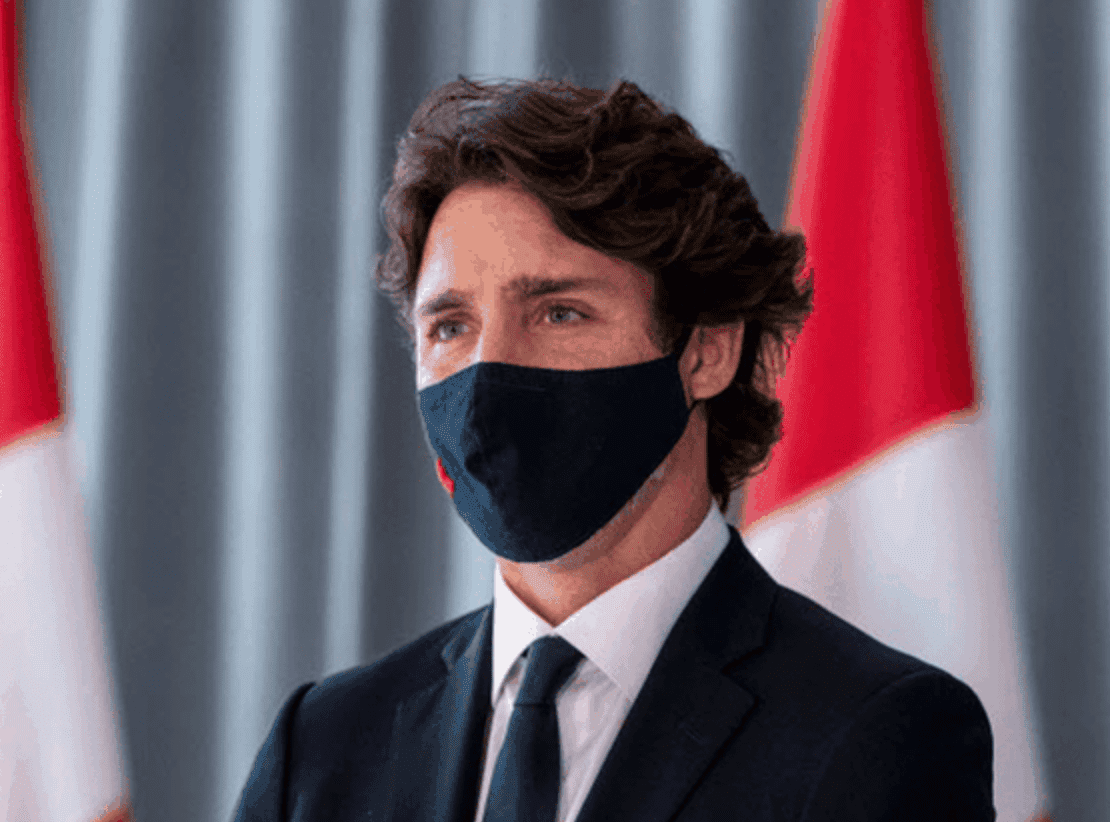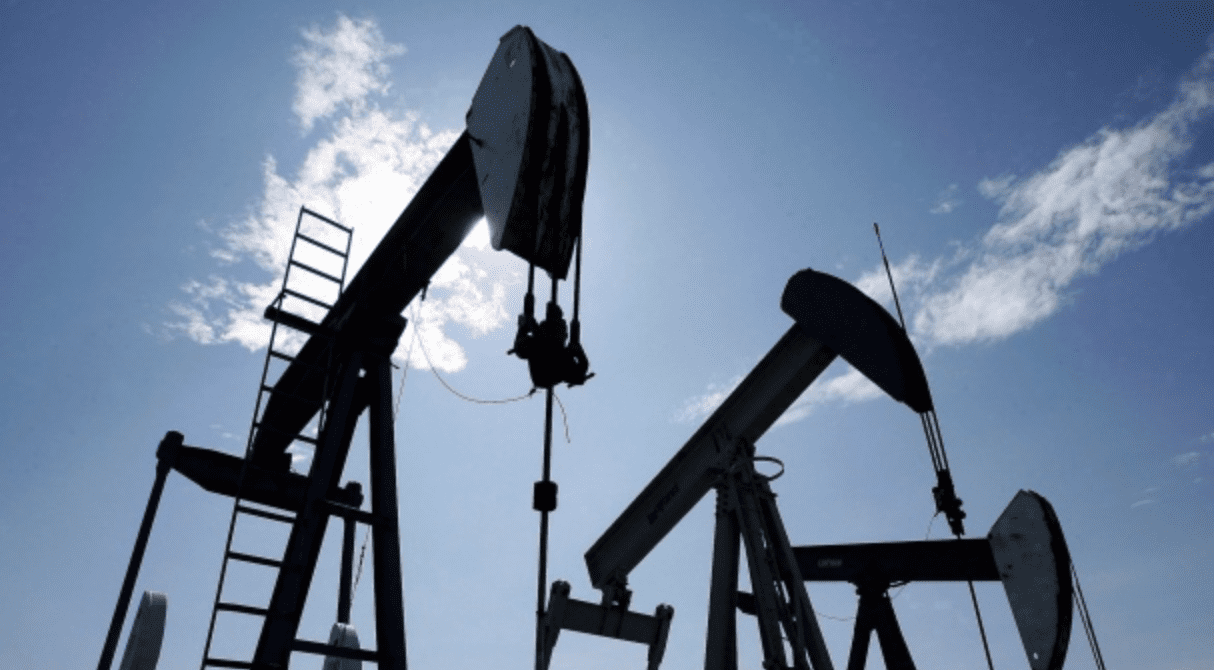As the calls for the federal government to enact some kind of emergency powers in order to control the pandemic continue to mount in the face of provincial inaction, I am force to wonder how many people have actually thought through what they are actually demanding. Even if prime minister Justin Trudeau and his Cabinet were to invoke the Emergencies Act over the objection of the provinces (and Parliament didn't object and vote it down within seven days), or used the reserve constitutional powers of the Peace, Order and Good Government (POGG) clause, what then? What are we asking them to do that isn't being done right now? Let's think about this.
The first and most obvious consequence of any kind of invocation of federal powers (assuming that it is actually justified I'm not sure that it meets the definition that the emergency must be "of such proportions or nature as to exceed the capacity or authority of a province to deal with it") is just what exactly we want the federal government to do with them. Remember that they don't have either the expertise or the manpower to micromanage the delivery of healthcare across all of the provinces. With the pandemic, a major problem is that provinces didn't invest in expanding capacity for testing or compact tracing back in the spring, when it would have made a difference because it takes time to build that capacity and can't be done overnight. The federal government has already offered use of its labs and contact tracing abilities for provinces upon request, so I'm not sure what else can be gained here.
What about harmonizing guidelines across the country? Green Party leader Annamie Paul has been pushing for a national task force to do just that, so what "red," "yellow" and "green" zones means are unified across the country. And that sounds fine and good, but again, you don't need emergency powers for this you can simply sit down with health officials across the country and devise such a system by negotiation. But if there was a move to do this by emergency powers, would you a) really trust a federal government that can't communicate its way out of a wet paper bag to provide clearer guidelines than the mess that exists already; or b) be able to deal with premiers who are messaging against these guidelines as they focus more on the needs of restaurants, bars, casinos, and other businesses? I'm sure that this would actually embolden premiers to encourage more people to go out to restaurants and bars, because they're trying to stick it to the "dictatorial" federal government.
We've had suggestions by the likes of law professor Amir Attaran to use the POGG powers and the Department of Health Act to have the health minister made a national declaration around mandatory masking and closing whatever indoor spaces are deemed major spreaders, like restaurants or bars, but this does little about the actual issues on the ground, such as capacity for testing and contact tracing, and it gives no particular thought as to enforcement, which local health orders do. (I also find Attaran's reasoning around the "shared jurisdiction" of health to be a bit cute because healthcare delivery is a provincial responsibility and the federal role is largely about ensuring equitable access across the country). We also have the bigger problem where public health officials are saying that private residences are where the majority of transmission is occurring these days, so I'm not sure how a federal order closing bars and restaurants will actually be helpful in dealing with such a situation.
When it comes to enforcing a federal order like this, what levers exactly should they be using? I think one would be hard-pressed to contemplate using these same POGG powers for the federal health minister to commandeer local police and bylaw officers, and we certainly don't have the manpower to send the RCMP out federally to enforce these orders, nor do we want to contemplate using the military for police action. That way lies a police state. And when we start seeing more anti-mask rallies around the country, exacerbated by the conspiracy theories that this is the first step in the federal government trying to impose a "communist regime," things could start getting ugly.
There is also the very real problem of what exactly the premiers will do if the federal government goes ahead and starts using these emergency powers without their express consent. Remember that they are not a subordinate level of government the constitution divides powers between them, it does not delegate them. Do we want to be dealing with a constitutional crisis on top of the pandemic? Aside from the emergency court challenges to the invocation of these powers without consent, would we face the prospect of premiers issuing contradictory orders to their own officials and enforcement agencies? Would they step back entirely and wait for the federal government to botch their attempts to micro-manage the crisis without adequate capacity to do so? There is no shortage of ways in which premiers particularly those who were already hostile to Trudeau before the pandemic began would do everything they could to sabotage this kind of a move by the federal government. Nobody would win, and it wouldn't stop the deaths that are already happening because premiers didn't get their acts together back in the spring when they should have.
Much of the demand for the federal government to invoke these emergency powers is rooted in the political syllogism something must be done; this is something; therefore, we must do this. But as much as we might derive some kind of psychological satisfaction for Trudeau doing this, the logic doesn't actually follow when you think it through, and he would be assuming a lot more political risk than would be wise for very little gain. The real course of action for Canadians is to put the pressure on their premiers to step up and do their jobs, because that's the only way we will get through this pandemic.
Photo Credit: CBC News








